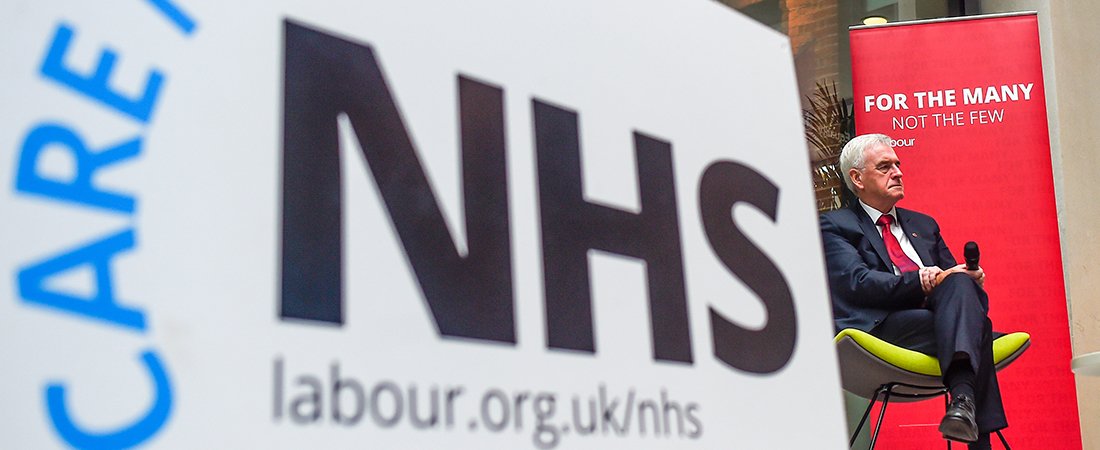Week two kicked off with Labour’s announcement of increased funding for mental health services for children. Jonathan Ashworth was stopped from doing the Monday media round to accompany this announcement and was substituted with Emily Thornberry to talk about Labour’s pledge to veterans on Armistice Day, in an effort to try and neutralise the poor standing of the Labour Party on defence issues.
This plan backfired spectacularly with Thornberry taken apart by all the broadcasters. Her interview with Nick Robinson on the Today programme was less of a car crash and more of a multiple pile up. The immortal exchange:
Nick Robinson: “Can you name an occasion in which the British armed forces have been used when he’s (Corbyn) backed them?”
Emily Thornberry: “No, not off the top of my head.”
It’s a lesson for Labour to concentrate on the positives as turning round your negatives in a matter of weeks is a tall order.
The Tories are getting their act into gear by a clear attack line on labour’s spending pledges – it’s going to cost the taxpayer one trillion pounds (a figure hotly contested by labour). So far on the doorstep, Labour’s massive spending programme and how it’s going to be paid for is the dog that isn’t biting. Theresa May’s constant reference to Labour’s magic money tree in 2017 led to her losing her majority and this time the Tory attack is blunted by fact they are also promising to spend more cash too.
A better attack from the Tories is on immigration. Labour has provided the attack line for them because Labour Conference passed a policy of unlimited freedom of movement. This is dangerous territory for Labour with its Leave voters. The truth is that no one seriously thinks a Labour Government intends to follow through on the conference policy but it’s a reminder of why New Labour spent so much time stopping any controversial policy being debated by members. It’s more tricky to do this when Jeremy Corbyn’s whole mantra has been that Labour is now a members-led party.
Could the biggest event of the week be Nigel Farage’s announcement that he will not stand candidates in seats the Tories won at the last General Election? Yes. And No. 35 of the 50 smallest Conservative majorities are in Leave seats. Those Conservatives no longer need to worry about a pro-Leave rival which massively helps them but remember this only helps Johnson to hold seats which are already blue and that only leads to the status quo of a hung parliament. Johnson’s strategy is to take Labour Leave seats and he needs a good number of these to get a decent majority – Nigel Farage standing candidates in those seats is a big problem. The Brexit vote is now split in these areas and even if the Brexit party shaves a few points off the Tory vote in these seats it could be enough to see Labour MPs in seats like Ashfield, Great Grimsby and Stoke re-elected.
There are still a lot of don’t knows on the doorstep and one undecided Ashfield woman summed up her dilemma by saying “I can’t decide whether to vote Labour or Tory because I want Brexit but I’m worried about the NHS”.
There are millions of voters like her and whoever wins the hearts of these voters in terms of pushing Brexit or the NHS to the top of the agenda wins the election.
It’s no wonder then that one of Labour’s major policy announcements this week was that the NHS budget would rise to £155 billion by 2023-24 – £6 billion more than the Government have promised. And in the same vein, it’s no wonder that the Tories have this week promised the next Tory Government will reduce immigration – something which will only be possible by leaving the EU.
The battle lines for this election are becoming clearer.

